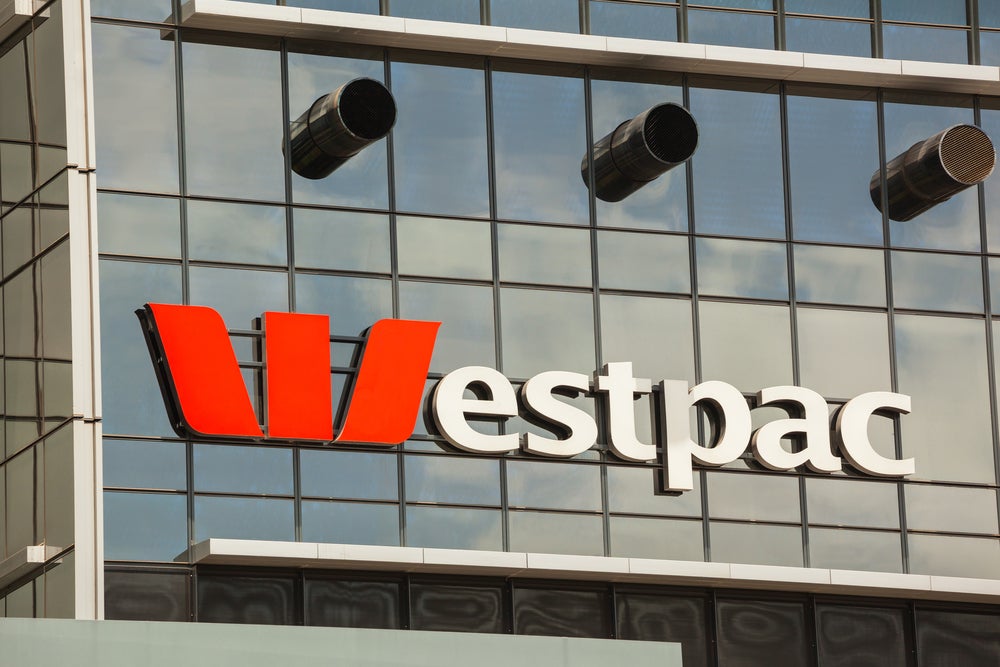
Westpac posts a net profit of A$1.5bn ($980m) for the three months to end December, down 6%.
Peter King, Westpac CEO said: “This has been a solid quarter. We’ve grown the franchise and maintained a strong financial position. Our unaudited net profit was A$1.5bn. The impact of notable items, related solely to hedge accounting which will reverse over time, drove the 6% decline.”

Access deeper industry intelligence
Experience unmatched clarity with a single platform that combines unique data, AI, and human expertise.
Excluding notable items, net profit of A$1.8bn is in line with the second half 2023 average. Pre-provision profit rises by 1% with both revenue and expenses rising 2%.
King adds that operating momentum was positive with customer deposit growth of A$7.9bn and loan growth of $5.6bn. This represents system growth of 1.1x in household deposits and 1.0x in Australian housing loans.
The net interest margin excluding notable items declines by 1 basis point to 1.93%. The core NIM drops by 4bps to 1.80%.
He adds: “I’m pleased with our efforts to strengthen the Westpac franchise. Our consumer net promoter score has increased reflecting improved mortgage servicing capability. Westpac Institutional Bank’s rankings across key industry surveys are higher.

US Tariffs are shifting - will you react or anticipate?
Don’t let policy changes catch you off guard. Stay proactive with real-time data and expert analysis.
By GlobalDataPotential for interest rates to decrease in the coming year
Westpac reports a dip in stressed assets by four basis points to 1.22% of its total committed exposure. This helps to offset the increase in mortgage delinquencies.
“From a credit quality perspective, we saw a reduction in business stress. A rise in 90+ day mortgage delinquencies reflect the tougher economic environment. We remain focused on helping those customers facing high cost-of-living pressures and making difficult choices to manage household budgets.”
These trends in credit quality sees impairment charges rise. The charge to average loans increases by 3 basis points to 10 basis points. This remains below the long run historical average.
Westpac expects the economy to remain resilient, supported by low unemployment and healthy corporate sector balance sheets. King forecasts scope for monetary policy to become less restrictive within the next year.
“We continue to prioritise financial strength with capital, funding and liquidity well above regulatory minimums. Risk management remains a priority.”







